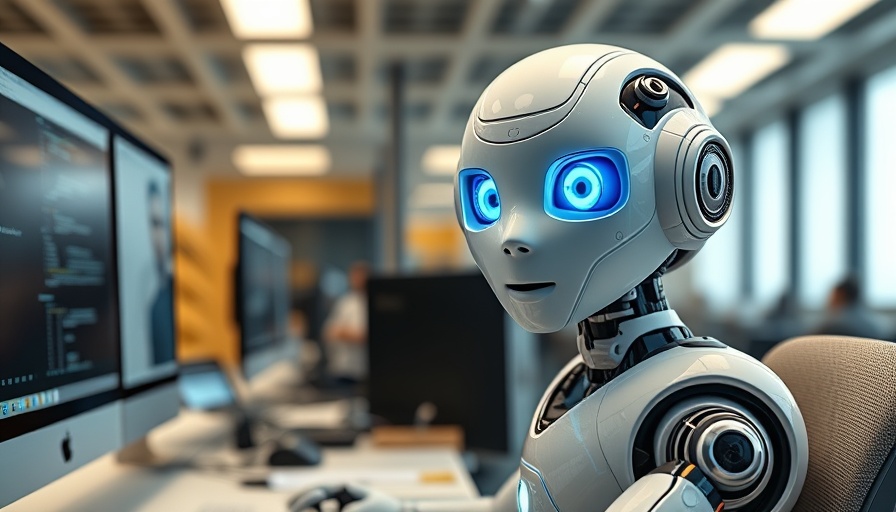
The Rise of AI Agents in the Workplace: What You Need to Know
In a world increasingly defined by automation, AI agents are taking center stage. As co-founder Will Lu of Orby AI reveals, these agents are not just here to perform tasks; they genuinely understand the workflows and processes involved in those tasks. This marks a significant shift in how businesses will operate, as AI increasingly enhances human productivity by automating repetitive tasks.
Embracing Change: The Future of Work
According to McKinsey research, by 2030, up to 60% of U.S. workers could have around 30% of their tasks automated. This equates to approximately 72 billion hours of labor, showcasing the enormous potential for AI to reshape the workforce. For HR tech buyers and leaders in operations, understanding this implication of automation is crucial for strategic workforce planning.
Challenges and Limitations of Generative AI
Despite the potential benefits, Lu warns about the unpredictability of generative AI in enterprise settings. While it can tackle impressive problems, it often falters when faced with specific instructions or complex tasks. Businesses must approach the integration of AI with caution, especially in high-stakes environments such as finance where accuracy is paramount. Even minor errors can lead to costly repercussions, highlighting the need for reliable AI solutions.
AI in Recruitment: Navigating Complex Decisions
HR operations, particularly in hiring and performance evaluations, involve nuanced human judgment. Lu emphasizes that, while AI can aid in streamlining processes, there are inherent challenges when applying it to decisions requiring emotional intelligence or subjective analyses. This nuance is vital for HR professionals seeking to integrate AI tools into their recruitment software or people analytics, ensuring that human oversight remains a pivotal part of the process.
Concluding Thoughts: The Value of Understanding AI Integration
As AI technology continues to evolve, HR professionals must stay informed about its capabilities and limitations. Engaging with tools like Orby AI not only enhances efficiency but also fosters a more strategic approach to human resources. By embracing this technology, startups and larger enterprises can adapt to the changing landscape effectively, ensuring a human-centric approach in automated processes. As the future unfolds, it is essential to align technology with the core values of human interaction and decision-making.
 Add Row
Add Row  Add
Add 




Write A Comment